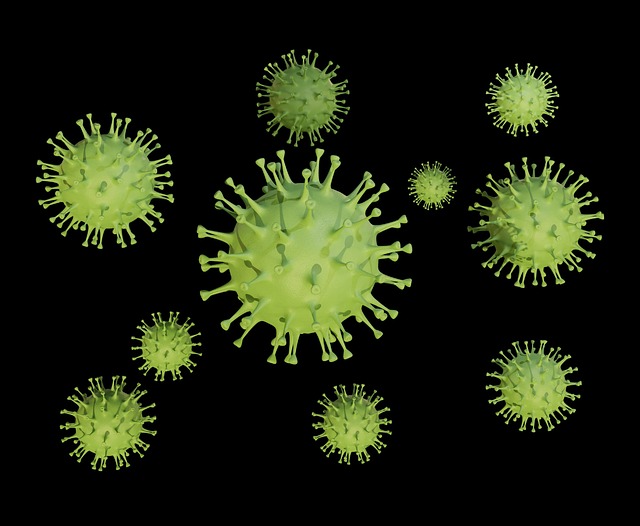Prediction of long COVID at the initial point of COVID-19 diagnosis
A significant portion of people who contract the SARS-CoV-2 virus (some estimates suggest more than 40 percent) suffer chronic effects known as post-acute sequelae of COVID-19 (PASC), commonly known as long COVID .
Symptoms of PASC include fatigue, brain fog, loss of taste and smell, difficulty breathing, and more.
Now, researchers have identified several factors that can be measured at the initial point of COVID-19 diagnosis that anticipate whether a patient is likely to develop long COVID. These “PASC factors” are the presence of certain autoantibodies, pre-existing type 2 diabetes, SARS-CoV-2 RNA levels in the blood, and Epstein-Barr virus DNA levels in the blood.
"Identifying these PASC factors is a big step forward in not only understanding long COVID and potentially treating it, but also which patients are at highest risk of developing chronic conditions," said ISB President Dr. Jim Heath, co-corresponding author. of a research work that will be published by the journal Cell. “These findings are also helping us frame our thinking around other chronic conditions, like post-acute Lyme syndrome, for example.”
Additionally, researchers found that mild cases of COVID-19, not just severe cases, are associated with long COVID. They also suggest that administering antivirals very early in the course of the disease can potentially prevent some PASCs.
“Long COVID is causing significant morbidity in COVID-19 survivors, but the pathobiology is not well understood,” said Dr. Jason Goldman, co-author of the paper and an infectious disease expert. “Our study combines clinical data and patient-reported outcomes with deep multi-omics analyzes to unravel important biological associations that occur in patients with PASC. Certain findings, such as low cortisol status in long COVID patients, have the potential to translate quickly to the clinic. “Our results form an important basis for the development of therapies to treat long COVID.”
The researchers collected blood samples and swabs from 309 COVID-19 patients at different time points to perform comprehensive phenotyping that was integrated with clinical data and patient-reported symptoms to conduct a deep longitudinal multi-omics investigation.
A key finding of the study relates to viral load , which can be measured close to diagnosis to predict long COVID symptoms. “We found that early blood viral measurements are strongly associated with certain long COVID symptoms that patients will develop months later,” said Dr. Yapeng Su, co-senior author and co-corresponding author of the paper.
Additionally, researchers found that Epstein-Barr virus (EBV), a virus that infects 90 percent of the human population and is normally dormant in the body after infection, reactivates soon after SARS infection. CoV-2, which is significantly associated with future long COVID symptoms. “This may be related to immune dysregulation during COVID-19 infection,” Su added.
The team also found that autoantibodies (which are associated with autoimmune diseases such as lupus) anticipate PASC at the time of diagnosis, and that as autoantibodies increase, protective antibodies against SARS-CoV-2 decrease. This suggests a relationship between long COVID, autoantibodies, and patients at high risk of reinfections.
“Many patients with high autoantibodies simultaneously have low (protective) antibodies that neutralize SARS-CoV-2, and that will make them more susceptible to emerging infections,” said Daniel Chen, co-author of the paper.
The research project was a collaboration between ISB, Providence, Swedish University of Washington, Fred Hutchinson Cancer Research Center, Stanford, UCLA, UCSF and others.
















